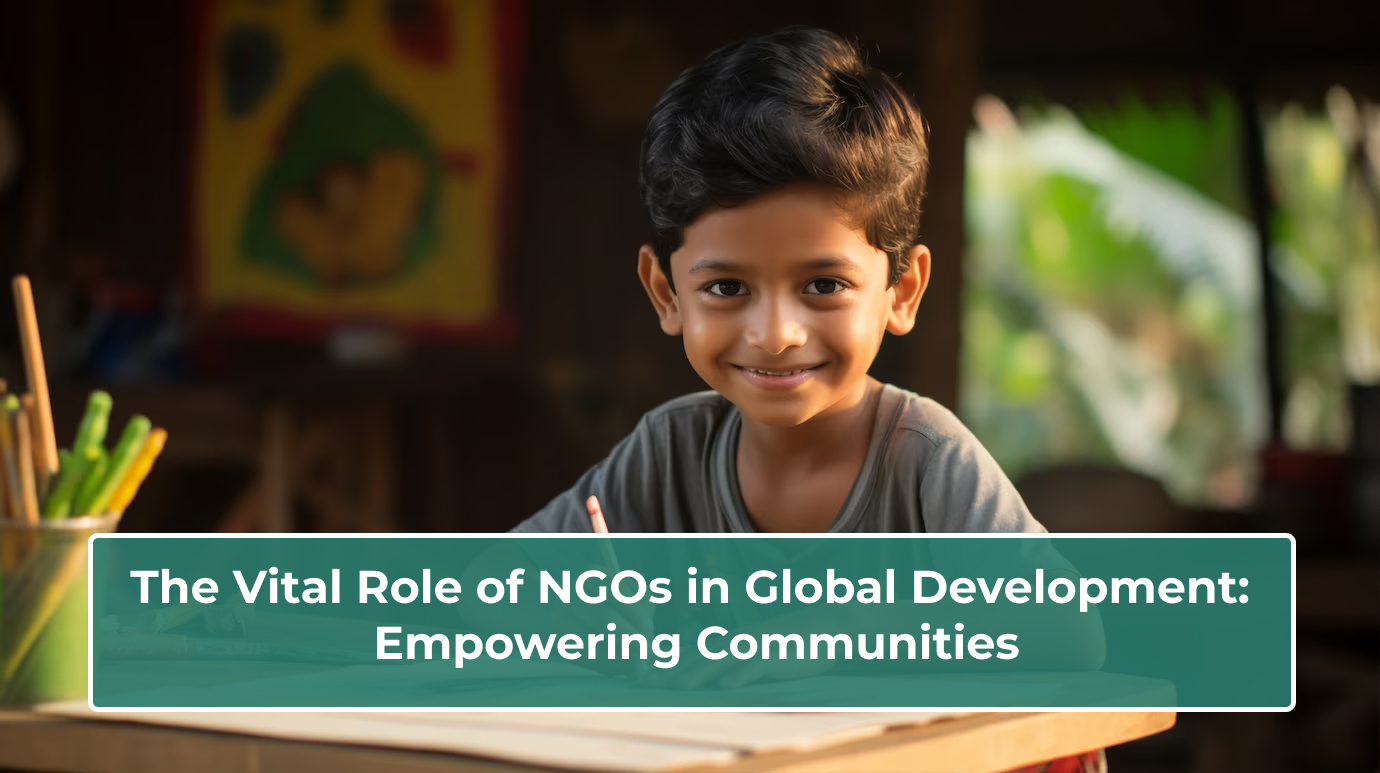In today’s world, the part that non-governmental organizations (NGOs) play in supporting child education is increasingly important. Around the world, there are children number millions who can not receive good education because of poverty, discrimination, and conflicts among other reasons. Non-Governmental Organisations(NGOs) are there to fill up the gaps where governments might not have enough resources or structures that support education; such organizations aim at empowering such young ones for a better tomorrow, including through educational support for street kids.
Understanding the Role of NGOs in Child Education
Child education focused nongovernmental organizations (NGOs) have differing sizes ranging from small local movements to big global agencies. Their main goal includes offering educational materials, building structures, training teachers, and campaigning for legislation that will enable each person in the world have access to education.
Initiatives and Programs
Non-governmental organizations implement different strategies that are specifically customized to suit local challenges and needs. These comprise of;
- School Infrastructure Development: Constructing new schools or improving the ones already in place to ensure that pupils learn in safety and in environments that make learning feel easier.
- Scholarship Programs: Supporting poor children so that they can go to school and obtain critical material.
- Teacher Training and Capacity Building: Bettering educators’ skills and knowledge for them to enhance both the quality of teaching and student engagement.
- Community Engagement: Engaging in close collaboration with local communities in order to appreciate their difficulties and come up with viable approaches together.
- Advocacy and Policy Influence: Pressuring governments and policy makers into making education funding and policies that are child-oriented as a priority.
Impact and Success Stories
NGOs have had a deep and quantifiable effect on child education.\nThey have focused on marginalized communities, as well as on vulnerable children:
- Increased Enrollment Rates: NGOs boosted school enrollment rates among children who previously had limited access to education through awareness campaigns and community outreach.
- Improved Learning Outcomes: Quality educational initiatives have resulted in noticeable enhancements of literacy, numerical comprehension and academic performance in general for the children involved.
- Empowered Communities: Schooling is not merely the process of gaining knowledge but the tool that enables communities to evade the vicious circle of poverty and propel sustainable growth.
To sum up the global advancement of child education, the NGOs have a crucial role. By their dedication and tireless commitment their impact has transformed many lives by offering optimism and opportunities hitherto non-existent. It is paramount that as we seek equality in our world, we acknowledge and appreciate the great work done by these organizations which stand in position of molding future generations so that they can achieve their maximum potential. Together, peopling can work to make sure that each child gets an opportunity of acquiring knowledge, developing themselves and helping in making the society better.
The purpose of this blog post has been to show the diverse effects of NGOs on child education with the hope that readers will get motivated, to be active supporters of such philanthropic bodies, hence promoting brighter and more inclusive life in general.

